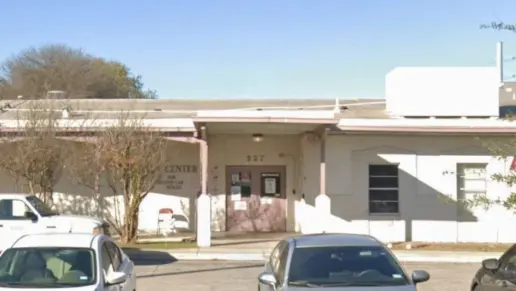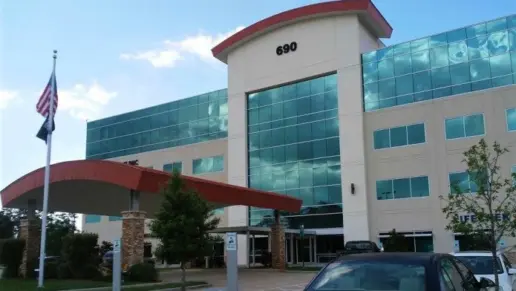About Whispering Hills Achievement Center
Whispering Hills Achievement Center, in Flatonia, Texas, provides mental health services, including dual diagnosis care, for children and adolescents. They offer long-term residential care, including medical, mental health, and developmental assessments, personalized care planning, and comprehensive case management. Their primary treatment modalities include psychotherapy, life skills training, and inclusive education.
Whispering Hills Achievement Center is a residential care facility for children and adolescents in Flatonia, Texas. They specialize in mental and behavioral health and special needs education.
The residential program at Whispering Hills Achievement Center allows clients to focus on their recovery and development in a private, home-like setting. Clients receive a comprehensive needs assessment and personalized care plan to include medical, mental health, psychosocial, academic, and vocational services. Clients also engage in intensive, trauma-informed, CBT-based psychotherapy, including individual, group, and family counseling. Evidence-based complementary therapies, including recreational and experiential therapy, are available. They also prioritize life skills training to facilitate clients’ successful reintegration into their home, school, and community.
Aftercare services at Whispering Hills Achievement Center are designed to provide a complete continuum of care aligned with clients’ evolving needs. Services may include peer coaching, vocational training, academic support, and referrals for medical, mental health, and social service programs.
Whispering Hills Achievement Center is state licensed and publicly funded.
Rehab Score
Addiction Treatments
Levels of Care
Treatments
Mental health rehabs focus on helping individuals recover from mental illnesses like bipolar disorder, clinical depression, anxiety disorders, schizophrenia, and more. Mental health professionals at these facilities are trained to understand and treat mental health issues, both in individual and group settings.
Clinical Services
Cognitive Behavioral Therapy (CBT) is a therapy modality that focuses on the relationship between one's thoughts, feelings, and behaviors. It is used to establish and allow for healthy responses to thoughts and feelings (instead of unhealthy responses, like using drugs or alcohol). CBT has been proven effective for recovering addicts of all kinds, and is used to strengthen a patient's own self-awareness and ability to self-regulate. CBT allows individuals to monitor their own emotional state, become more adept at communicating with others, and manage stress without needing to engage in substance abuse.
Experiential therapy is a form of therapy in which clients are encouraged to surface and work through subconscious issues by engaging in real-time experiences. Experiential therapy departs from traditional talk therapy by involving the body, and having clients engage in activities, movements, and physical and emotional expression. This can involve role-play or using props (which can include other people). Experiential therapy can help people process trauma, memories, and emotion quickly, deeply, and in a lasting fashion, leading to substantial and impactful healing.
Group therapy is any therapeutic work that happens in a group (not one-on-one). There are a number of different group therapy modalities, including support groups, experiential therapy, psycho-education, and more. Group therapy involves treatment as well as processing interaction between group members.
In individual therapy, a patient meets one-on-one with a trained psychologist or counselor. Therapy is a pivotal part of effective substance abuse treatment, as it often covers root causes of addiction, including challenges faced by the patient in their social, family, and work/school life.
Trauma therapy addresses traumatic incidents from a client's past that are likely affecting their present-day experience. Trauma is often one of the primary triggers and potential causes of addiction, and can stem from child sexual abuse, domestic violence, having a parent with a mental illness, losing one or both parents at a young age, teenage or adult sexual assault, or any number of other factors. The purpose of trauma therapy is to allow a patient to process trauma and move through and past it, with the help of trained and compassionate mental health professionals.
Contact Information
4110 Fm 609
Flatonia, TX 78941


